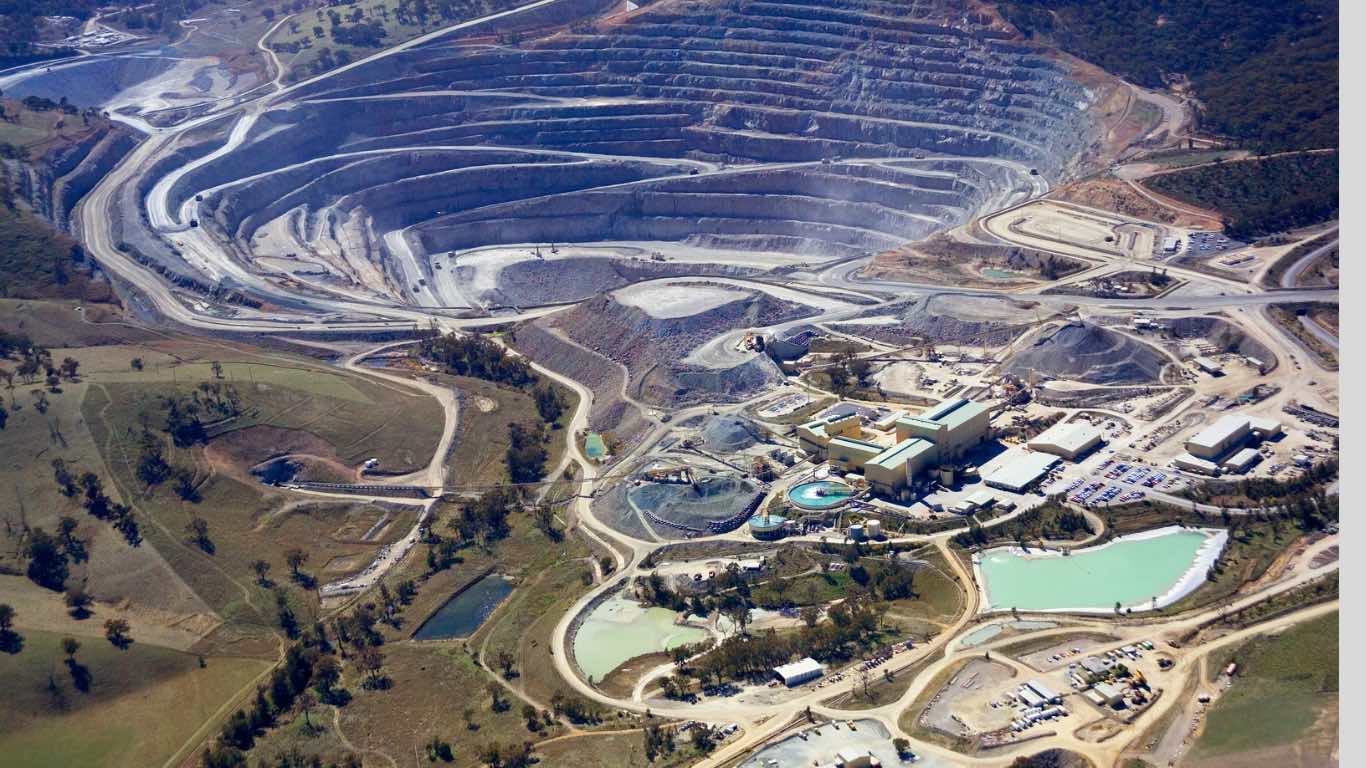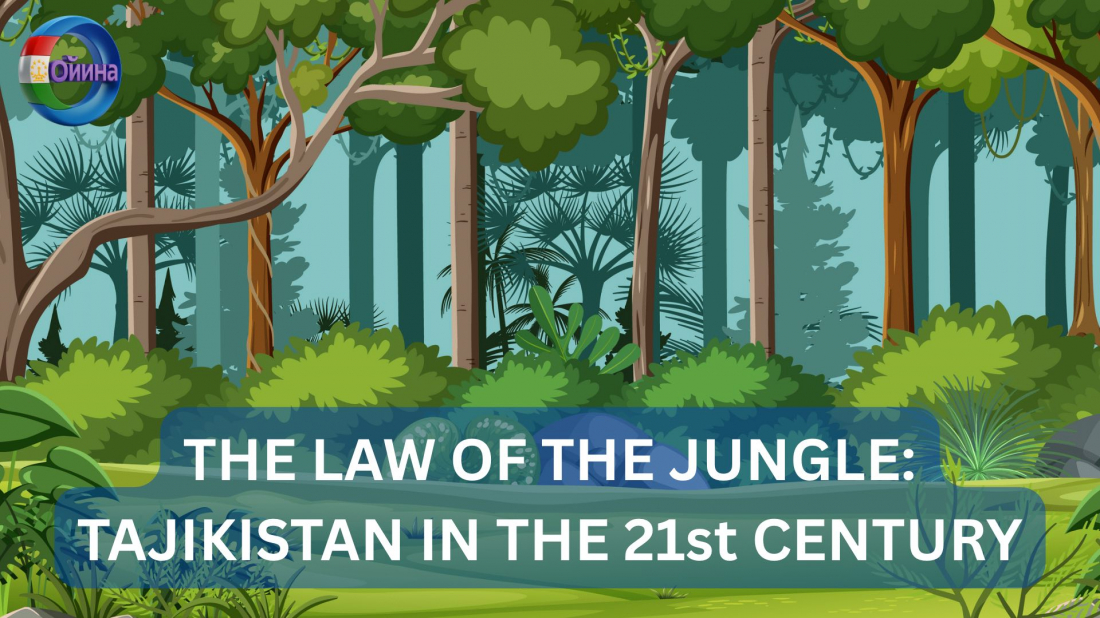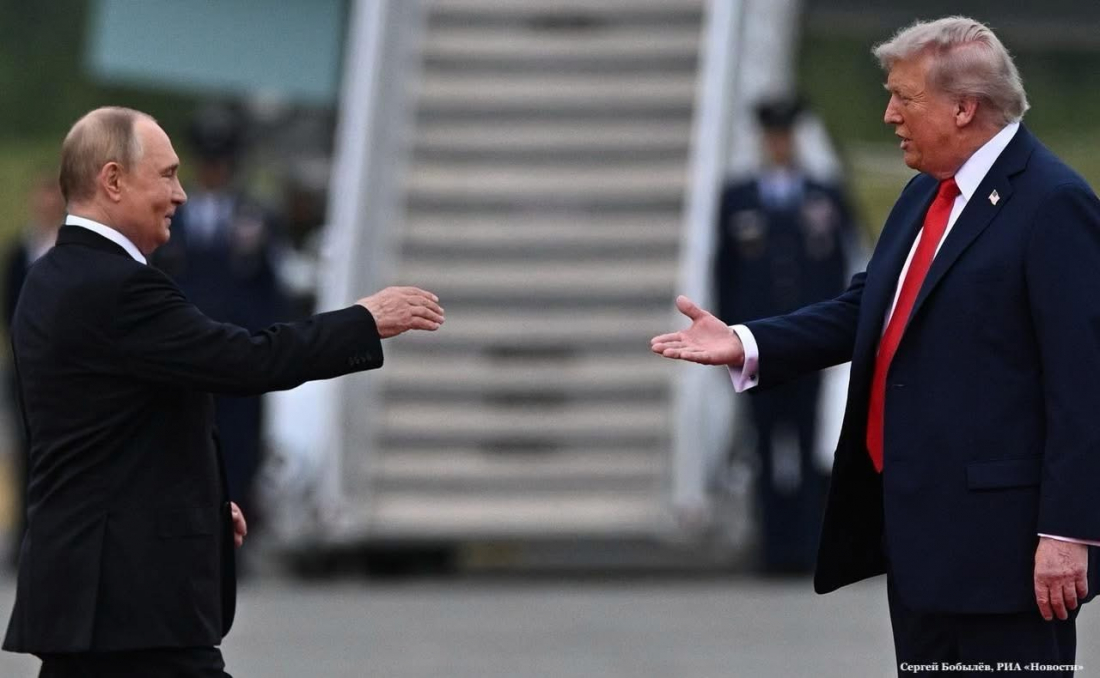
The Shift from Dollar to Gold or the Sale of Gold Mines to China
The decline in the value of the dollar and the future of this currency as the primary currency in global trade have concerned the authorities in Tajikistan.
However, their concern is not about repaying foreign debt or the worsening economic situation and living standards of the people. Their main worry is that the assets of Tajikistan's top officials and their closest allies, held in foreign banks, could depreciate. This concern has led the Tajik government to enhance cooperation with China and Russia in the exploration and extraction of gold. Recently, a cooperation agreement was signed with Russia.
While nearly all of Tajikistan's gold mines are controlled by Chinese companies, until recently, the exploration and extraction of gold were a priority for the government. By accumulating gold, the state could have somewhat stabilized its financial situation. However, now that several countries have decided to move away from the dollar and conduct most of their transactions in national currencies, the use of the dollar has become more restricted.
In this context, Tajikistan's authorities, specifically the highest officials, have reconsidered their approach, taking into account the interests of their closest associates. They have now decided to store gold, rather than dollars or euros, in foreign banks as a safeguard for the future. This gold is being stored in personal accounts, not in the accounts of the Tajik government. For this reason, several Chinese companies are currently engaged in gold exploration and extraction throughout Tajikistan.
According to sources familiar with behind-the-scenes discussions, Chinese companies discover gold deposits, determine their reserves, and report them to the government. The government, in turn, transfers these deposits to one of its closest allies. This ally prepares the necessary documents and takes the site on lease for several years, or, if the gold reserves are substantial, purchases it. However, the purchase documents do not mention the presence of gold at the site. The next step involves this close associate preparing the necessary paperwork and leasing this "pasture" or "unused land" to a Chinese company. After the lease documents are completed, the Chinese company begins extracting the gold.
As a result, this gold mine no longer belongs to the state but becomes the personal property of one of the government's close associates. Later, if everything goes as planned, this gold will be stored in foreign banks under the names of grandchildren and great-grandchildren as a safeguard for the future. None of these fraudulent activities would be possible without the involvement of Chinese companies, as financial corruption within Chinese companies operating in Tajikistan is at its peak.
In Tajikistan, no Chinese company can operate without bribing local officials, whether it's a large corporation or a market vendor. Another interesting aspect of the cooperation between China and Tajikistan is that when executing projects or contracts, the Chinese do not use local labor. They bring workers from China to carry out the projects themselves. This occurs despite the fact that many Tajiks are unemployed and are forced to travel to Russia or other countries in search of work. Since the authorities in Tajikistan receive bribes in exchange for allowing Chinese companies to operate in the country, they agree to this condition set by China. This pattern of cooperation between Dushanbe and Beijing in this sector will likely continue in the same way.
This approach is particularly suitable for the exploration and extraction of gold for Tajikistan's authorities. In other words, Tajiks do not work in the country's gold mines, ensuring that all corruption and fraud remain hidden.
Hikmati Darvesh













